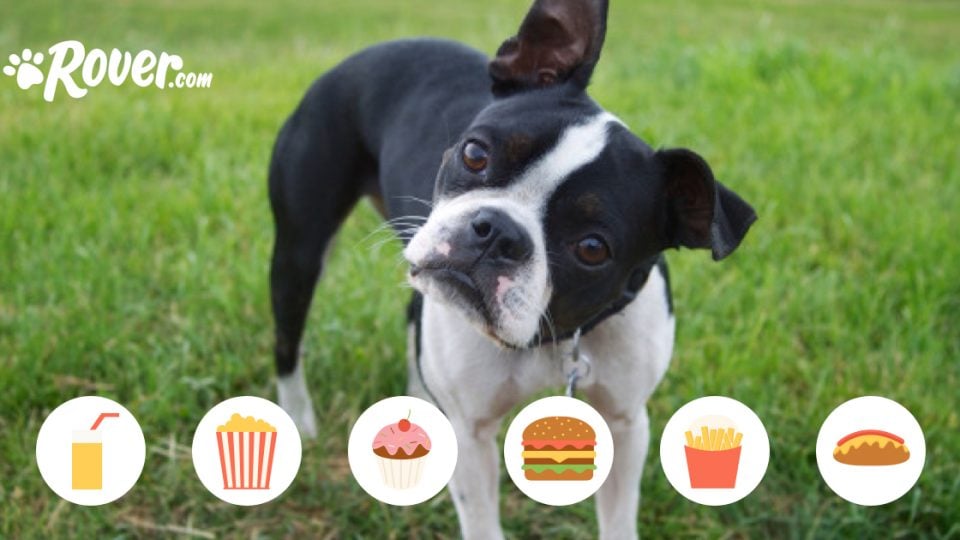Dogs should never eat mushrooms if they’re found in the wild.
While not all mushrooms are poisonous to dogs, the ones that are present a very scary risk. You should never let your dog eat a wild mushroom. Deadly Webcap, Death Cap, Destroying Angel mushrooms and a few more found in the UK, for instance, and can cause death in dogs who ingest them. Other wild mushrooms can cause varying levels of damage to a dog’s system. If you suspect your dog has eaten a wild mushroom, call the vet immediately.
Mushrooms purchased from supermarkets or grocers and known to be safe for human consumption are considered non-toxic and may be okay for your dog to eat in small quantities.
Why Wild Mushrooms are Unsafe for Dogs
There are thousands of mushroom types in the world, but only about 100 of them are poisonous to dogs, according to an article by Dr. Justine A. Lee, DVM, DACVECC. That number might not sound very high, but one reason wild mushrooms are so unsafe is that it’s very hard to properly identify mushrooms. In fact, only a mycologist (fungus expert) should be trusted to safely ID wild mushrooms.
Because it’s so difficult to properly identify wild mushrooms, it’s important to prevent your dog from eating mushrooms they find on the ground. The good news is, many dogs aren’t interested in mushrooms because they aren’t very appetising. However, if you have a dog that tends to put everything in its mouth, it’s especially important to keep an eye on them in mushroom-rich areas.
Symptoms of Mushroom Poisoning to Watch For
If your dog ingests a wild mushroom, call the vet right away. Unless you have expert knowledge that the mushroom is nontoxic, it’s much better to be safe than sorry. The vet will likely induce vomiting to ensure your dog doesn’t absorb the mushroom.
If your dog demonstrates any of these symptoms, go to the emergency vet right away:
- Diarrhoea
- Seizures
- Lethargy
- Vomiting
- Jaundice
- Coma
Are There any Mushrooms Dogs Can Eat?
It’s scary to consider the possibility of your dog accidentally eating a toxic mushroom. However, commercially-available mushrooms are not dangerous. As long as your dog isn’t allergic to them, button mushrooms sold at the supermarket are perfectly safe for them to eat.
That said, the truth is, most dogs aren’t interested in mushrooms. And dogs do not need mushrooms in their diet. So, instead of giving your dog a fungus treat, try offering them a baby carrot or slice of apple. There are plenty of safe snacks you can share with your dog.
What Else Can Your Dog Eat?
We offer a collection of articles on foods that are safe, dangerous or even toxic for dogs to eat, including vegetables, dairy, bread, and junk food. There is a wide variety of “human food” that is healthy for your dog to eat, while others are considered toxic and dangerous. Check out which fruits and veg are good for your dog here and which spices and seasonings are ok to give to your furry little buddy here. We’ve created these articles to ensure you’re informed on feeding your dog a wonderfully varied diet while learning the limitations of a dog’s sensitive digestive system.




